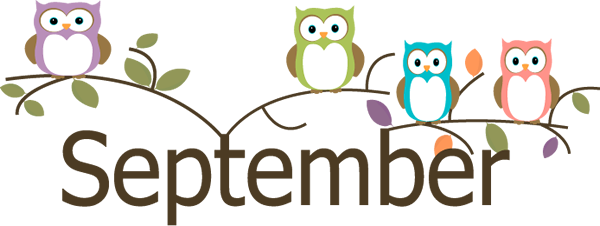Be safe
Amp up the reminders about washing hands frequently and wearing masks—. Pay attention to school websites and newsletters for alerts about flu or other illness outbreaks. Check the Centers for Disease Control and Prevention website (cdc.gov) for up-to-date information and the latest prevention advice.
Help end bullying
Take the time to talk with your children about bullying behavior. Before you begin the conversation, go to pta.org/bullying and stopbullying.gov to learn what you can do as a parent to instill an attitude of acceptance in your children and get help with bullying behavior if your family needs it.
Remember the teacher
A simple holiday token is nice if you can swing it. Teachers particularly appreciate cards from their students, and gift cards for their favorite book, crafts, or office-supply stores. Teachers often replenish classroom supplies out of their own pay, so gift cards help cut the cost.
Practice cyber safety
If your children will be spending more time online during the winter break, or if they get a new laptop or smartphone as a gift, be sure to review family rules and online behavior.
Dept of Education Countdown for Success



